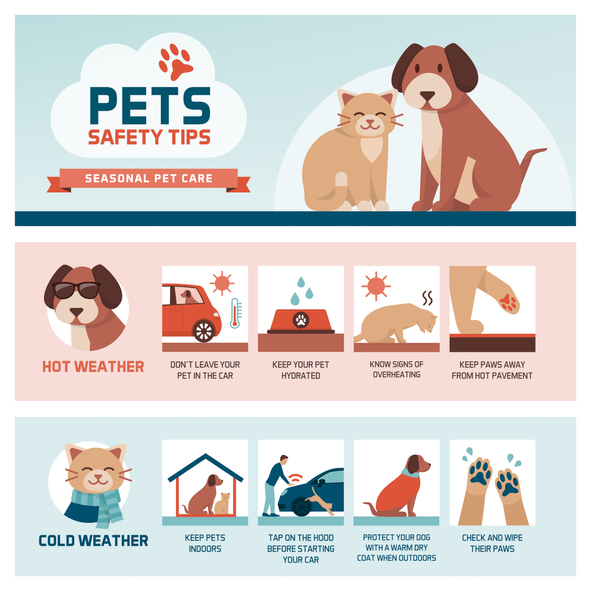
Flu season is quickly approaching for us humans, and it’s a gentle reminder that we need to take care of Doggie, too, to avoid canine influenza (the flu). Symptoms of the flu range from mild to severe, and we want to make sure your pup is feeling its peppy self as we approach the holiday season.
Try Not to Worry! The Flu is Treatable Under Veterinary Care
Luckily, the flu is treatable under a vet’s care and has a low mortality rate. But one sick dog is too many for us, so we at The Ranch want to make certain you are aware that dogs do get the flu and help you avoid it.
Canine Influenza is Not Seasonal
While Canine Influenza is not seasonal as the flu is for humans, there have been some recent reports of the canine flu in Los Angeles and the surrounding areas.
We have not had any cases of the flu in northern California, and we’d like to keep our Ranch pups safe and healthy through education and precautionary measures.
Consult Your Vet for all Your Dog’s Medical Needs
The Ranch Pet Resort and Spa always suggests that you consult your veterinarian for any medical needs or issues your dog faces, including Canine Influenza.
A helpful way to keep your pup safe is to ask your vet about the canine influenza vaccine.
Due to the surge in cases in Los Angeles, The Ranch Pet Resort and Spa will be requiring all doggie daycare and all dog boarders to be vaccinated with the Canine Influenza shot by November 22, 2021.
Please contact us to update your dog’s shot records so we can continue to have some rip-roarin’ fun!
What are the Symptoms of Canine Influenza (Dog Flu)
While symptoms and seriousness of canine influenza differ among dogs, just as they do with humans, you should be concerned if your dog has any of the following symptoms:
- Lethargy
- Runny nose
- Discharge from the eyes
- Coughing
- Sneezing
- Fever
- Difficulty breathing
You know your pet the best, so if you notice your pet acting differently, not being his or her usual bubbly, cuddly self, it’s in your pup’s best interest to talk to your vet.
How Do Dogs Get the Flu?
Dogs get the flu from contact with sick dogs, contaminated environments or objects, or people who have handled infected dogs. The illness is airborne, spread through coughing, sneezing, or barking. A dog diagnosed with the flu should be taken to the vet, quarantined and given more love, attention, and snuggles as possible. Just as the Dr. ordered.
If you would like to learn more about the Dog Flu, here is a helpful article from the American Kennel Club.
Keeping Your Pups Safe
The Ranch Pet Resort and Spa takes the health, safety, and well-being of our pups seriously. We are very proud of the safety measures we put into place, as we consider your dogs an integral part of our family.
It’s important that we keep you informed so we can continue to provide the fun, laughter, love, affection, and attention that your doggies deserve.
Please do not hesitate to reach out to us if you need anything!











